Asexual & Demisexual Pleasure
Did you know that the first ever Asexual character in TV appeared in Aotearoa?
Fans of Shortland Street, and those of us who watched the series back then, will remember a character called Gerald Tippet, portrayed by Harry McNaughton (an openly gay NZ-based actor). As far as representation goes, it wasn’t ideal and arguably pretty problematic (this is a dramatic soap opera from 2007 that we’re talking about, after all). Here's why.
In the years since then, asexuality has had more appearances in media and pop culture – but, as the community members we spoke to below have agreed – it's still quite sparse and misunderstood. Demisexuality gets even less representation.
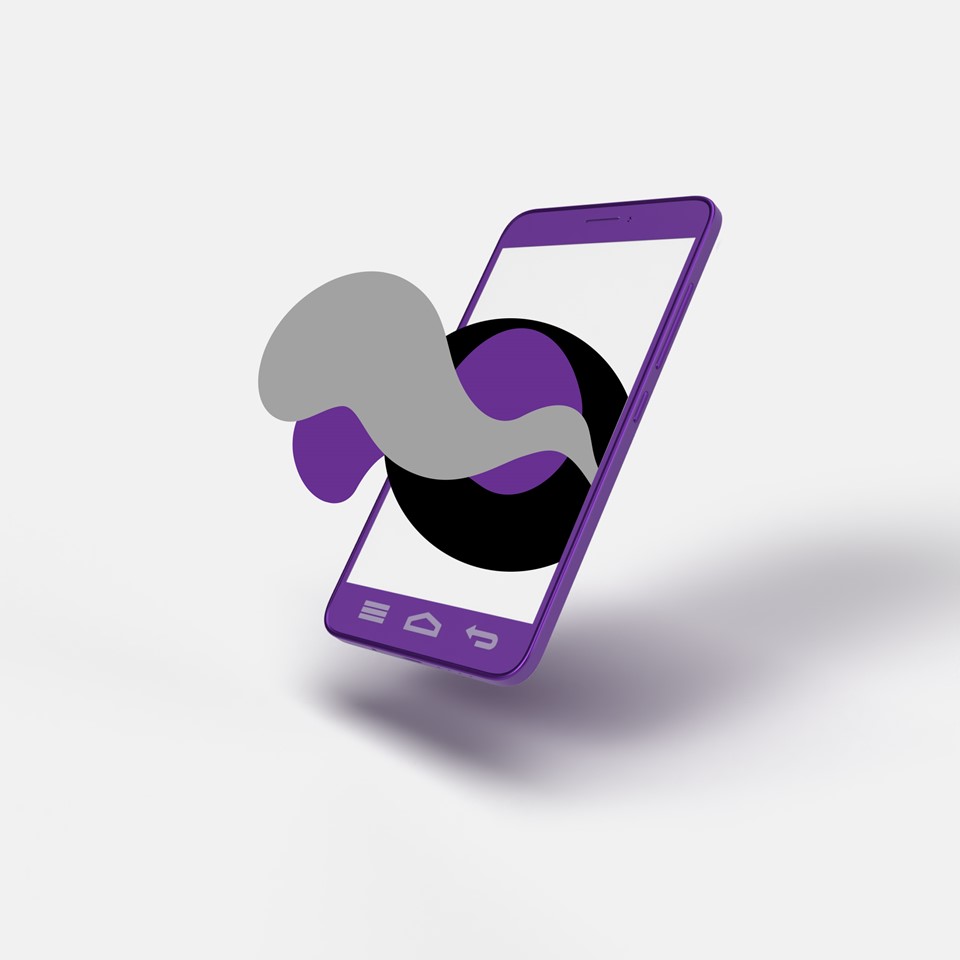
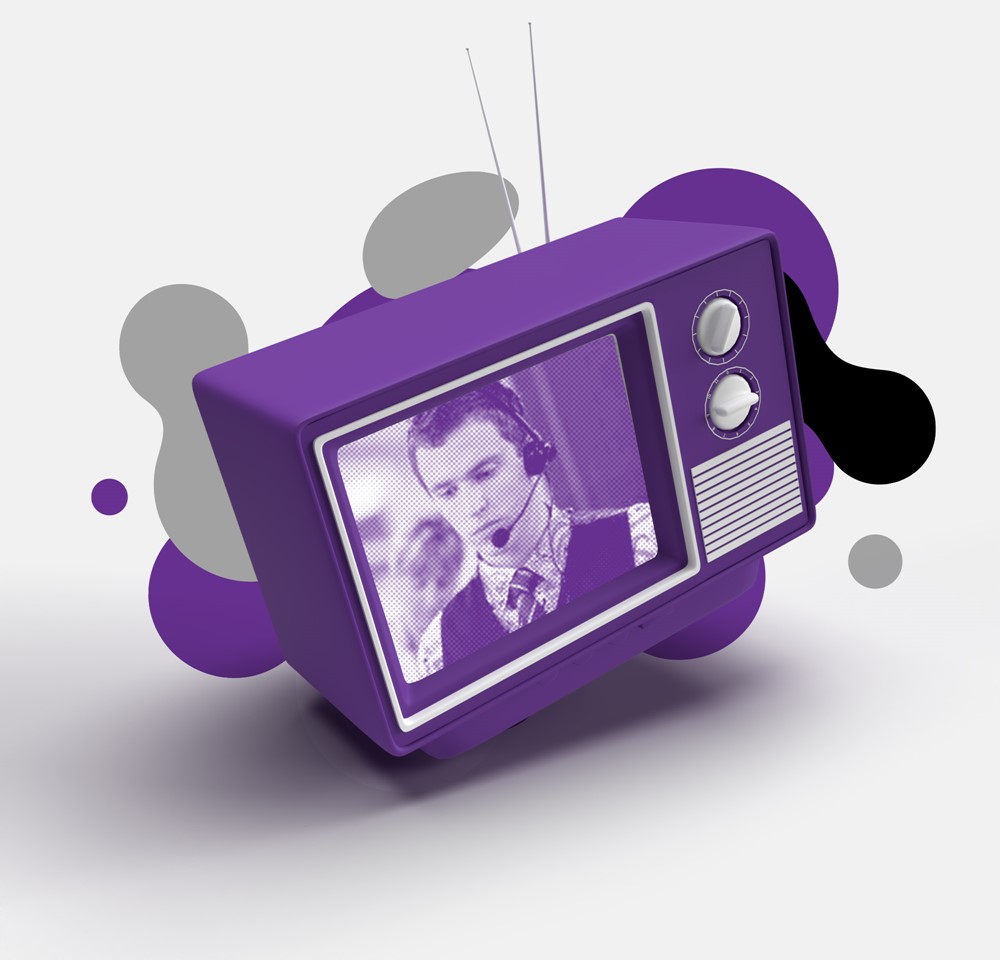
What does it mean?
Note: The definitions below are very simplistic, broad and generalised, and not all people who identify with these terms will agree on what they mean for themselves personally.
Asexuality | Aromance
An asexual/ace person typically experiences very little or no sexual attraction. (For the biology and science nerds out there, this is a different thing).
An aromantic/aro person, on the other hand, experiences little-to-no romantic attraction.
Demisexuality | Demiromance
A demisexual person typically does not experience immediate sexual attraction, and instead may become sexually attracted to a person only after developing an emotional bond with them.
You may expect that a demiromantic person experiences the opposite of this; but this isn't the case. People who are demiromantic typically require an emotional connection before they can feel romantic towards a partner.
Greysexuality | Greyromance
Greysexuality, or grey-asexuality is sometimes referred to as the 'spectrum' (more on that below) between asexuality and allosexuality (the ability to experience sexual attraction). As the name suggests, this is the 'grey' area in-between. A greysexual person may experience sexual attraction occasionally, but not as rarely as an asexual/demisexual person; or as often as an allosexual person.

The "spectrum" and sexual fluidity
In popular culture and the media, sexuality is often discussed or represented as this very black-and-white thing that lacks nuance, doesn't change or vary over time or in different circumstances, and doesn't intersect with other identities or cultures. This is FALSE, your honour!
For queer people, particularly our ace, demi and polyamorous whānau, we're preaching to the choir here: sexuality is a spectrum.
Research has shown that in Te Ao Māori; sexuality was very much fluid in Aotearoa pre-colonisation. Just look at the maramataka, or Māori lunar calendar, for example, where certain periods of time were considered to have more 'sexual energy' than others, depending on the current lunar phase. There are also many examples in Māori mythology of fluid sexuality.
The expectation that everyone should experience sexual attraction, while also shaming and/or demonising anyone for being too sexual or not sexual enough (ironic?), is a very western idea that was brought here. And, you know what that means? We can reject it.
April 6 is International Asexual Day
To celebrate this International Ace Awareness Day, we spoke to three community members who identify as asexual, demisexual or somewhere on the ‘spectrum’, to hear about their experiences, what misconceptions there are about their sexuality, and what they want people to understand.
Please note: For their comfort and safety, we have changed certain details and identifying factors such as names, ages and locations.
And, please remember to keep an open mind as you read this blog. Our community members have been very generous and vulnerable in sharing their experiences. Also note that their experiences are not necessarily representative of all other members in the communities that they identify with.
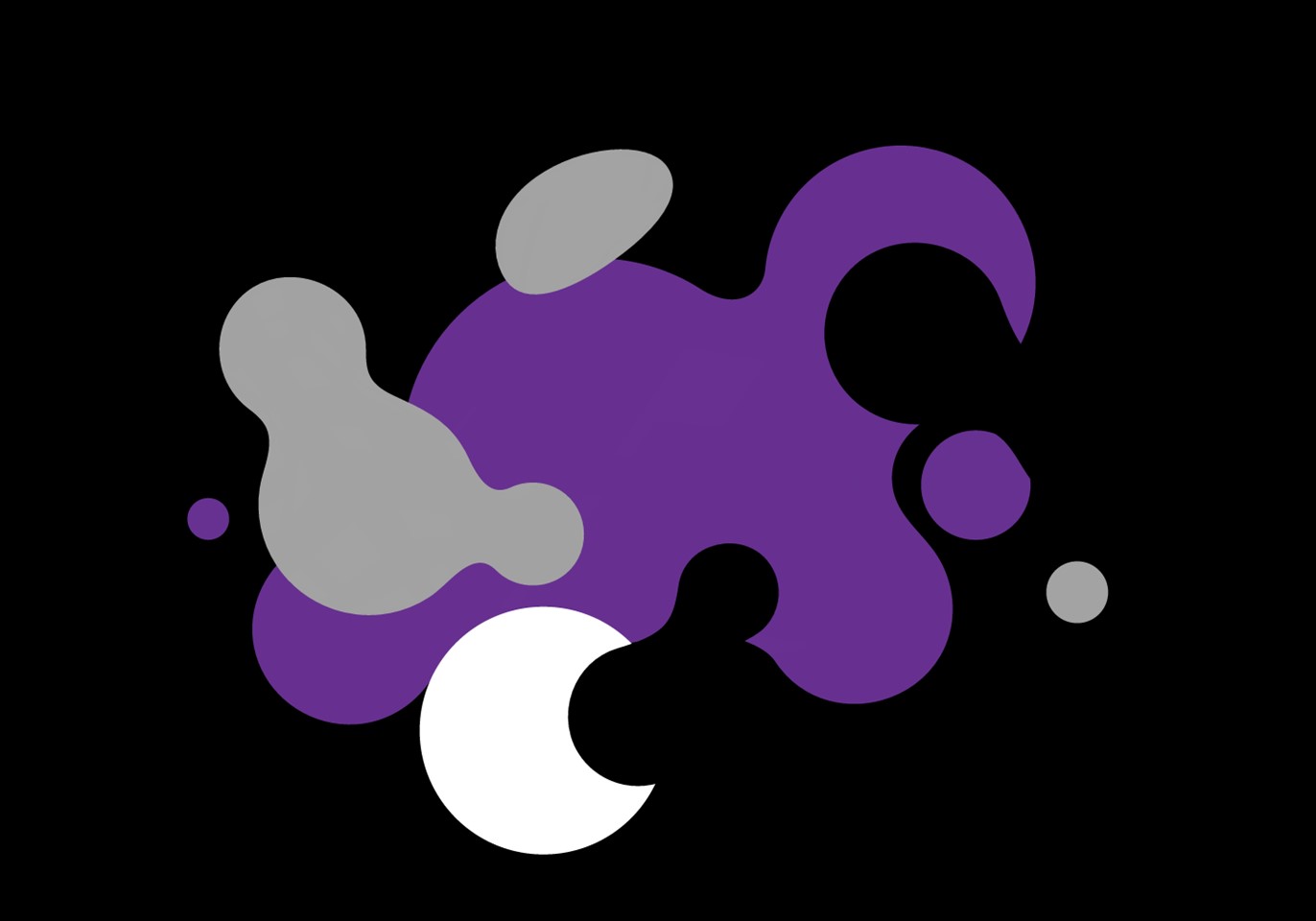
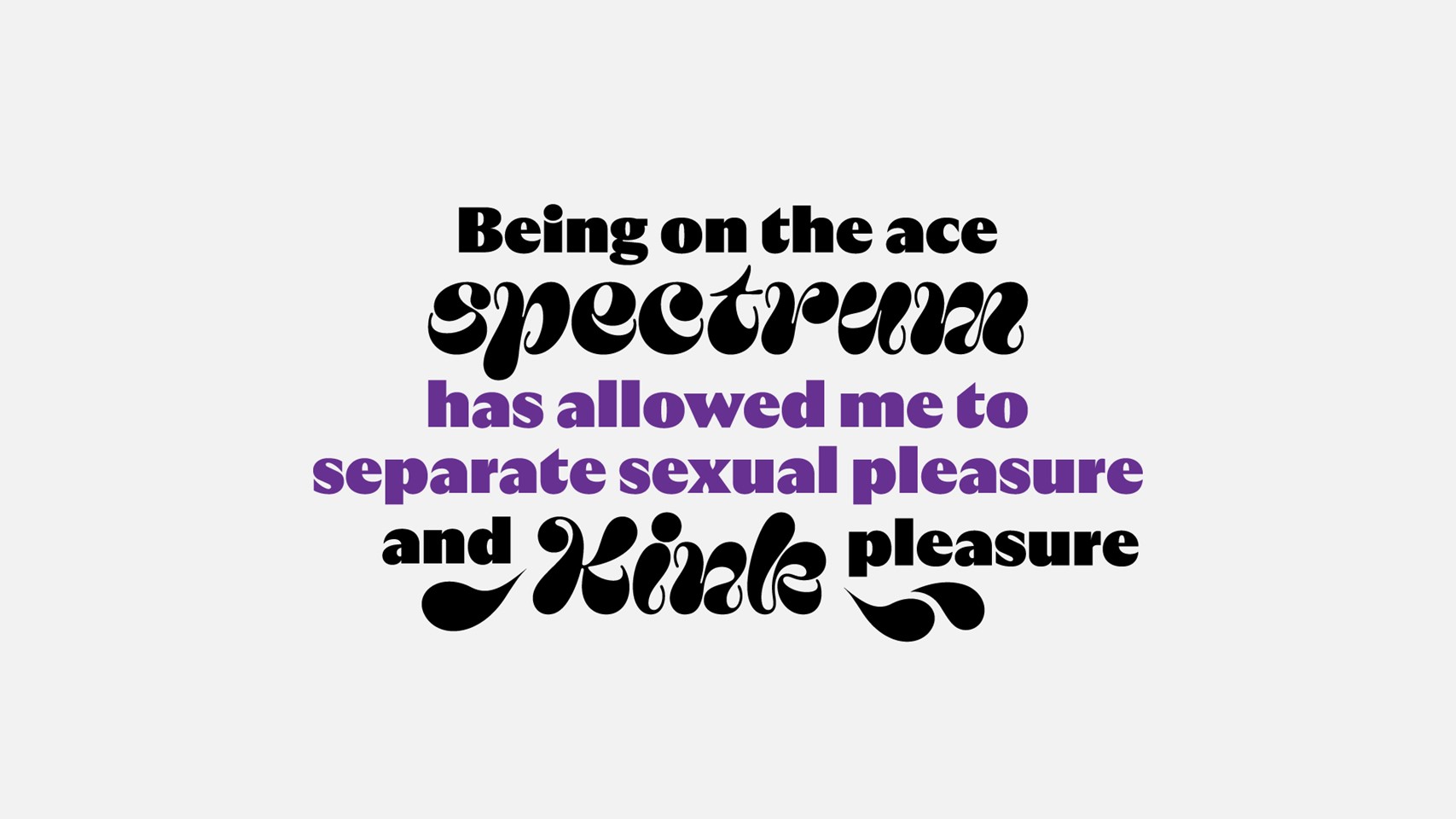
Andy (She/they | Demisexual | Polyamorous)
I spent my teenage years overcompensating when my friends would talk about sex, because I felt like something was wrong” […] It wasn’t until I was a young adult and I met my now fiancée that I realised I could have sexual attraction to people; I just needed to really know them and develop romantic feelings first.
Andy was very open with us about their experiences with being demisexual and non-monogamous, their relationship with their fiancé, and their experience with the kink community, as well as on dating apps.
We asked Andy about what it’s like to be demisexual and in a relationship.
[My partner] is more on the hypersexual side. When we first started dating, I told her that it would probably take a while before I developed any sexual attraction, if we get there at all.
It worked well because we both lean more into non-monogamy and polyamory. So, right from the start, I made it clear that: ‘It won’t be for a couple of months before I want to do anything sexual with you, but this doesn’t have to be a strictly exclusive relationship’.
It didn’t feel like I was putting any pressure on her to want to continue our relationship.
Andy expressed that not experiencing sexual attraction immediately ...used to feel like a burden—where the only way I could have a long-term relationship was with other ace people. But being polyamorous has been more freeing because I don’t have to be everything for my partners.
As we delved deeper, according to Andy and their experience meeting people, there’s an obvious intersection between people on the ace spectrum and polyamory.
Half of the ace and demi people I know are also polyamorous or non-monogamous, and a large portion of the people I've met through being polyamorous are also somewhere on the ace spectrum.
Their take on the connection between asexuality, polyamory and non-monogamy is:
I think it’s a freeing relationship because it means that “Oh, I like this person, I can still date them, but they don't have to then expect everything from me. Even if sex isn’t a part of the relationship, it means that they can get that somewhere else.
It means that, at least for me, I don't feel so pressured. Things can still be long term and I won't need to worry about my partner getting to a point where they feel the relationship isn’t sustainable because all their needs aren’t fulfilled in this relationship - because monogamy says, 'Only one relationship at a time'.
Andy’s experience on dating apps can sometimes be challenging because of their sexuality.
I often get stereotyped, since I have the word ‘polyamory’ in my bio and straight men would just assume 'Cool, easy, casual sex'.
It doesn’t matter how many ways that I explain that I am demisexual or “no hookups”. Just as soon as they see polyamory, or that I have multiple partners, then they’d be “Alright, cool, must be pretty easy to sleep with that person”.
And when it comes to kinks, as Andy says, sexual pleasure isn’t always the end goal.
I’m in the kink community and being on the ace spectrum has allowed me to separate sexual pleasure and kink pleasure. They don’t need to be linked for me.
Even if I’m with someone who I don’t feel enough of a connection with that I want to have sex with them, as long as there’s trust there, we can still get pleasure from doing kink things together. That’s how it works for me. There are still other ways to get pleasure even if it’s not sexual. It’s two different things for me.
Pleasure and Sex - what's the diff?
Many queer people will have an acute understanding of the fact that pleasure can be experienced in various ways – and sex doesn’t necessarily need to be part of the equation for us to feel that good feeling – whatever that good feeling might be that you desire. But, as a society overall, there’s a huge emphasis and bias towards sex and people who are sexual – this is something that many asexual and demisexual people know very well.
I’m in the kink community and being on the ace spectrum has allowed me to separate sexual pleasure and kink pleasure. They don’t need to be linked for me.
In fact, Andy says, there’s a connection between the ace spectrum and kink.
You can find pleasure and experience happy chemicals like dopamine or serotonin from something that’s not linked to sex. So, kink is still a way to be intimately connected with my partners.
A lot of people that I’ve met through the kink scene are somewhere on the ace spectrum as well. For example, there’s a power exchange with one of my partners where there are simple things I have to do in a day, even if they’re just as basic as: finish this bottle of water. It’s still an interaction between the two of us and we both get pleasure from it, even though they’re not sexual acts. It’s a power exchange—he tells me what to do and I do it.
We also chatted briefly about their experiences with sexual health services. For the most part, Andy’s experience with sexual health clinics is positive.
The people at the sexual health clinics around where I am are really good in general, and they are super non-judgmental about whether I’m showing up with a different partner within a short period of time.
However, Andy has still been subjected to different assumptions by doctors. For instance, they’d been pressured to take pregnancy tests during their visits even after they’d already disclosed that they haven’t had sex with anyone.
I see this happen more with GP's and doctors in general. They would be like “Oh, young person, you must have had sex. You say you haven't, but I don't believe you.”
We asked Andy what they wish to let people know about the asexuality and demisexuality spectrum:
Sometimes the how I identify changes. So, rather than trying to put one or two labels on me to make it make sense for you, just take me as I am.
Andy also wants to reiterate that we should always keep our assumptions and biases in check:
Not every ace person wants to be in a relationship, especially a polyamorous one, and if they are in a relationship, it doesn’t mean they are less asexual or in a less valid relationship.
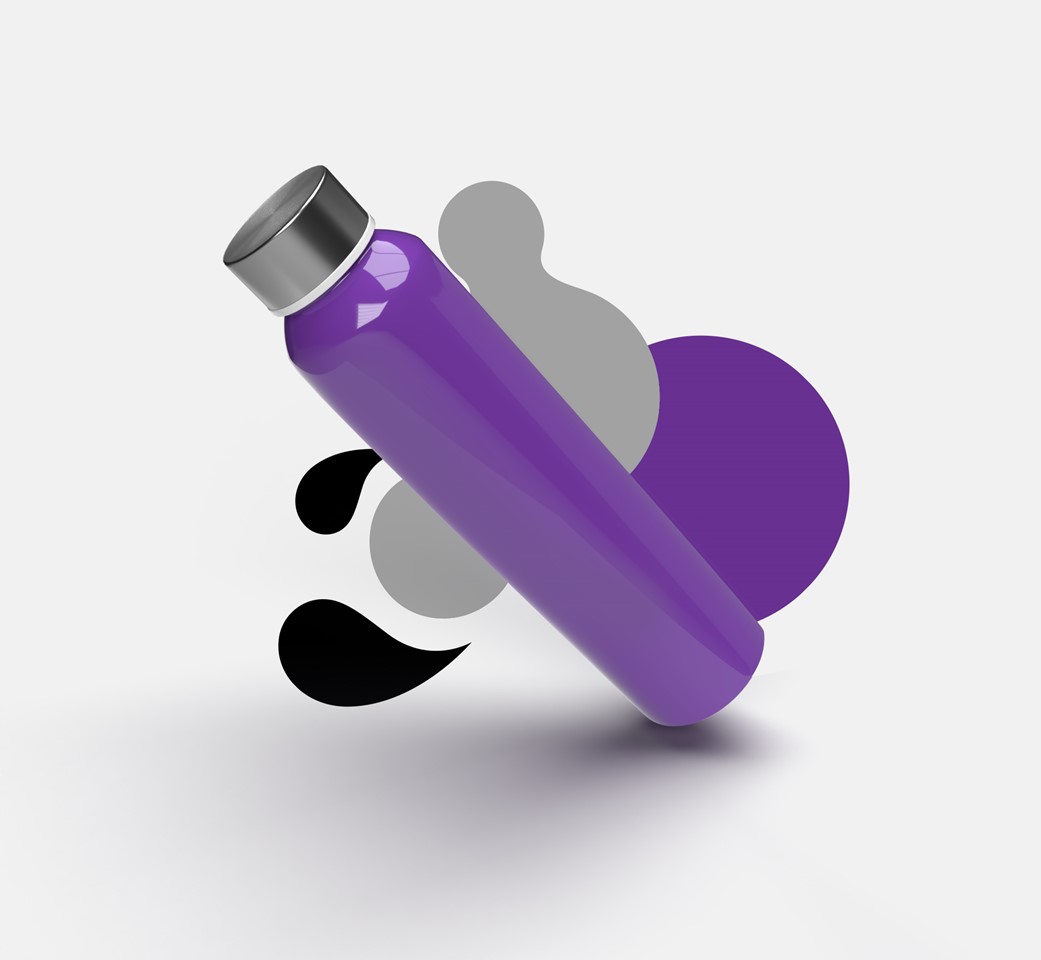
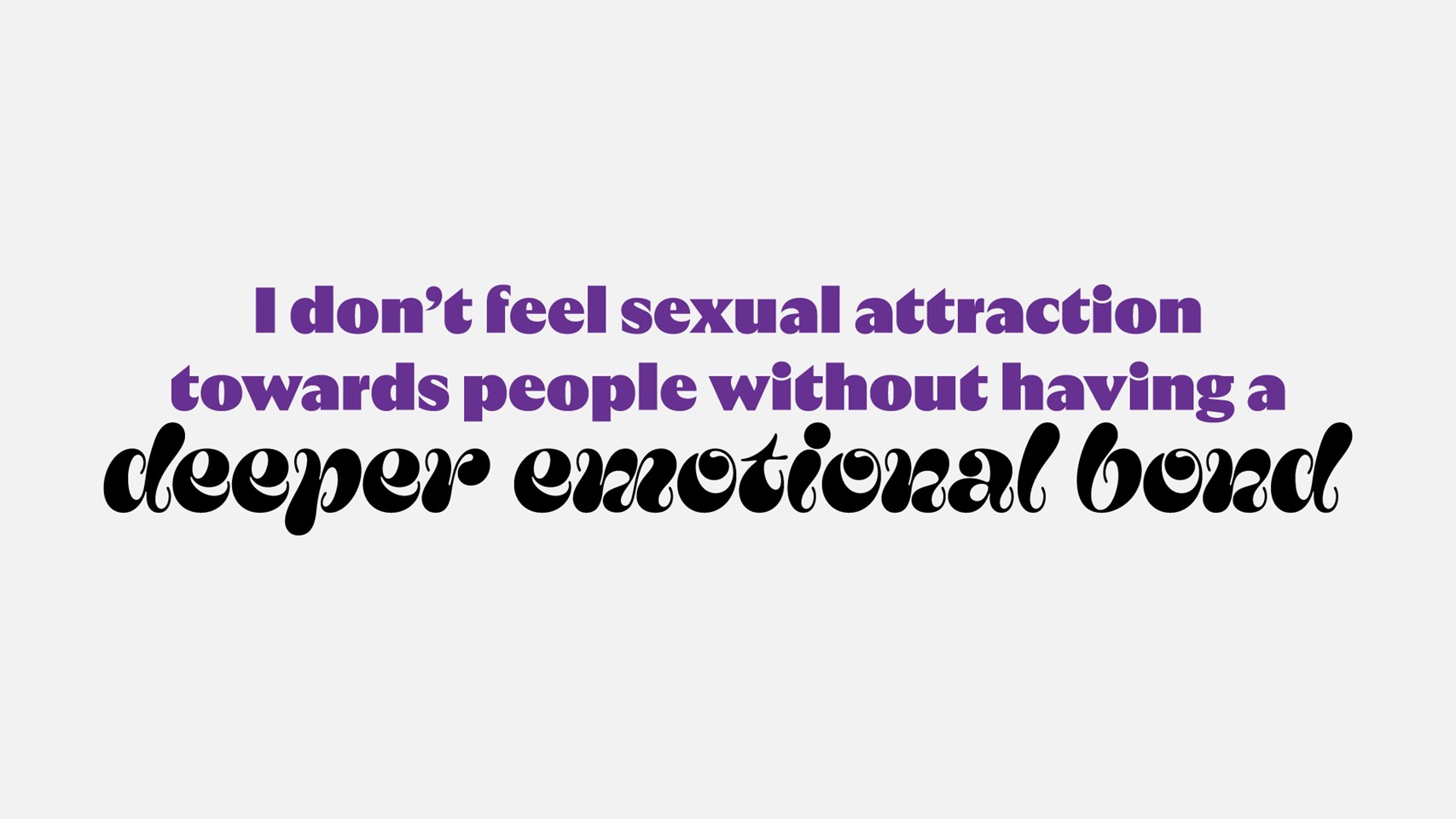
Angel (All Pronouns | Demisexual | Pansexual)
Angel is a young Māori who identifies as pansexual, genderfluid, and demisexual. Angel told us about the intersection of their identities and lived experiences—what it’s like being demisexual navigating dating apps and friendships, their genderfluidity, the many assumptions they’ve faced, and what they wish people would understand about their sexuality.
In Angel's words, dating apps are a 'whoooole experience':
I never had much success on dating apps. There have been very few people who were genuinely interested in wanting to understand demisexuality. The first line in my bio on dating apps always said, “Not here to hook up”. Because I’m not. I don’t feel sexual attraction towards people without having a deeper emotional bond. But then, you still get messages like “Head?” or “You free tonight?” or “Wanna come over?”. It can get annoying.
Dating apps can be a problematic space for some people, especially if your identities don’t conform to what society deems as “normal” (whatever that means). For Angel:
If it’s not those direct sexual messages, sometimes they will just outright say horrible things after I tell them I’m not interested; like “Ohh, you’re ugly anyway. I wasn’t even into you”. I remember one very specific conversation of someone saying “Well, it doesn’t matter what your bio says because the pictures you’ve put and the way you’ve presented yourself says that you’re here to have sex”.
Angel generously sees these interactions as ‘learning experiences’; as part of navigating the world as a young person. However, they agree that these interactions are abusive and unacceptable.
I don’t feel sexual attraction towards people without having a deeper emotional bond.
As a young person, Angel often finds that they are assumed to have the same lifestyle as their young single friends, who are sexual. This is very frustrating for them. However, they still maintain a sex-positive outlook and they agree that everyone should be equipped with the tools to feel empowered about their sex lives.
Angel strongly identifies with their demisexuality, and the idea that pleasure and joy doesn’t need to be connected to sex.
Angel also told us about their experience of being perceived in their genderfluidity and how they present themselves, particularly when they were in school.
It’s been a big learning curve for me. A lot of the girls at school were not very nice. I was accused of being a lesbian, just because I wore sweatpants.
Assumptions can be incredibly harmful. So, we asked Angel if there was anything in general about their identities that they wish people would understand. Here’s what they said:
I've spoken with people who didn't know what demisexuality was. I've often been told, “You know, everybody's like that.” But no, for me it’s different. People can still look at actors and models and go “Ohh yes, please.”
For me, I genuinely do need that emotional connection and to know someone and know that they know me and who I am to feel any sort of sexual... anything. People just don’t take the time to try and understand. They're just like, “Oh, everybody's like that.”
To a certain extent, maybe. But I don't agree with that. Not everyone is demisexual.
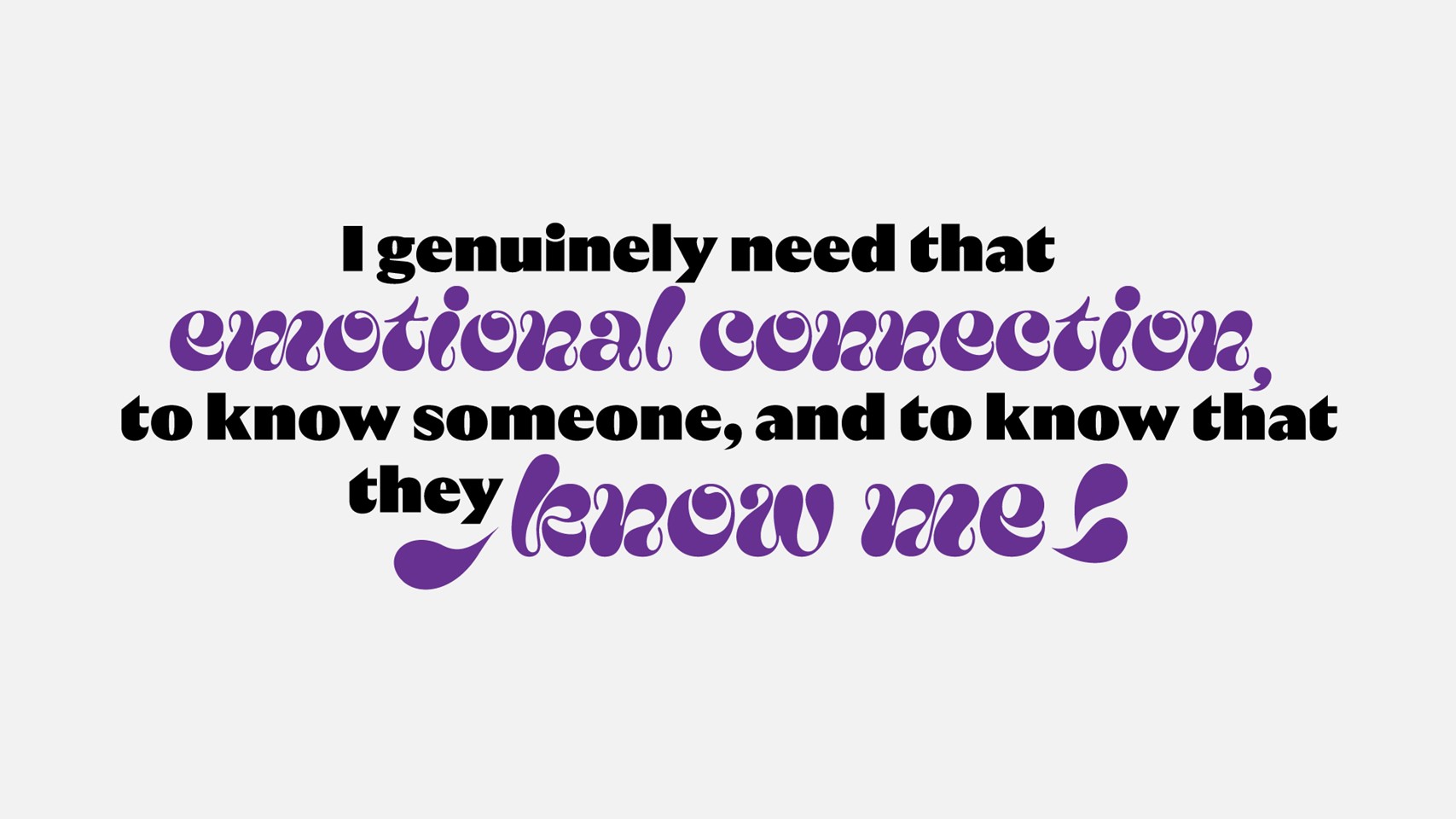

Jamie (he/him | Cis Male | Gay)
Jamie is on the 'asexual demisexual spectrum—not that it’s a clear spectrum'. We asked them to elaborate on this and he said:
Yeah, I’m firmly in the belief that, and this sort of goes into a wider debate around labels, people are what they say they are.
Jamie said he’s tried to have sex with people; some who he was close with, and others not so much. All of them he 'found incredibly attractive and exactly my type... but it’s a hit or miss'.
But, he said, 'But then there’s masturbation, which I enjoy FAR too much. I can get off to the IDEA of having sex, to the idea of cuddling, to porn, to my imagination, whatever, and it’s always an incredibly pleasurable experience.'
I guess ultimately during those moments, there is a sense of passion in there. It's wanting to feel good and wanting to make the other person feel good. Everything that comes with it, except the actual pleasure.
We then asked Jamie what their experience was like with relationships and how it intersects with their sexuality.
It's hard. My last relationship that I would call a proper relationship was when I was still a teenager, about eight years ago.
I’ve been super keen to get out there and date and get into relationships and all the rest, but in those earlier years, as a bigger guy, it’s quite hard to find somebody who's fine with that.
As I got older, the aspects of sex came into play. Because I'm somewhere on the asexual demisexual area, using apps like Grindr where everyone is there for a hookup, and I wasn’t too keen on that. I'd like to get to know the person fist, at the very least. That’s been a drawback for me. They might be looking for a hookup and then maybe open to a long-term relationship but for me, it’s the other way around.
I can get off to the IDEA of having sex, to the idea of cuddling, to porn, to my imagination, whatever, and it’s always an incredibly pleasurable experience.
Jamie doesn’t mention anything related to their demi/asexuality on their profile but only when they’ve found someone who they’re attracted to and already in a conversation with that person.
We then discussed what it’s like for Jamie to disclose their sexuality to someone he’s seeing.
There was one guy who I used to be quite close with. We used to go on dates and were talking for on and off for a couple of years. One the most recent date, we started talking about sex and I told him about it. He got quite upset.
He kept pressuring me to let him come home with me. He wasn’t being direct, but I knew hooking up was an underlying thing. We continued to hang out at my place anyway and continued our conversation.
It then got to a point where he straight up said “I was expecting us to hookup”. But I wasn’t quite there yet with him in terms of sex, so it ended up badly. He victimised himself saying I led him on thinking we were going to have sex and started crying. It was shit.
Jamie then talked to us about what he wished people would understand more about his lived experience being on an ace/demi spectrum.
There are a couple things that come to mind, especially going into the demisexual, greysexual side of things. It’s the assumption that because someone's not ready to put out immediately doesn't mean they'll never be ready to put out. A lot of the time, you need to build a relationship or at least know who the person is.
Also, there’s all kinds of other sexual pleasure. For me, I'm completely fine with masturbation, just like there are people who don’t like anal sex, like the recent popularisation of the term “side”.
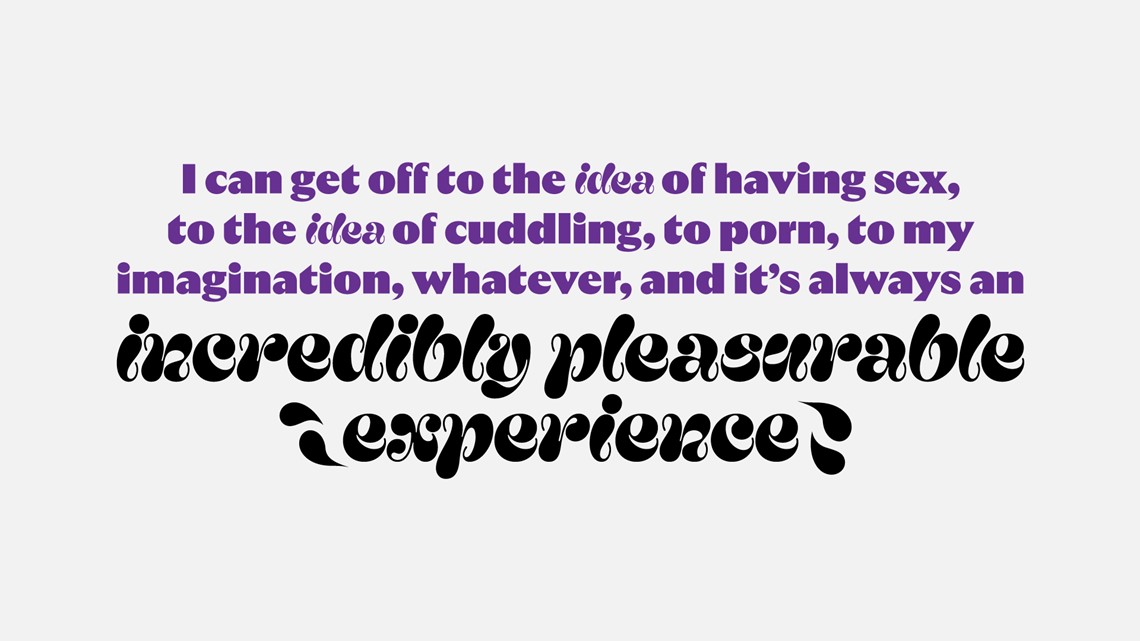
We've only scratched the surface
There is so much more to this topic - it's impossible to cover everything! If you think you might be on the ace, demi, or greysexual spectrum and you want an even deeper dive on this kaupapa, the r/asexuality and r/demisexuality subreddits have excellent resources, FAQs and information as well as The Ace and Aro Advocacy Project.
For more local resources, support and information, check out:
A huge ngā mihi to Andy, Angel and Jamie for contributing and sharing their thoughts.



